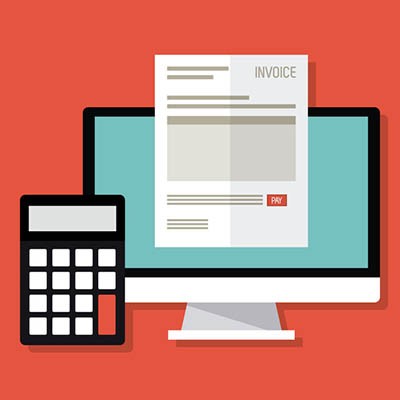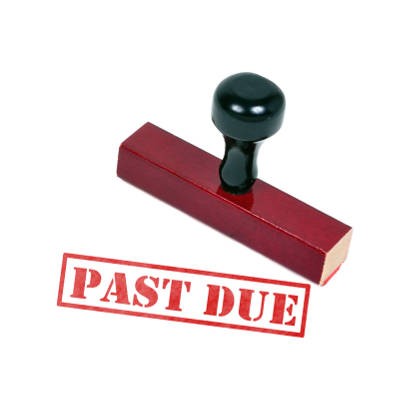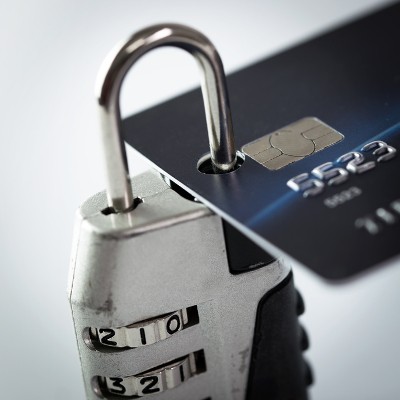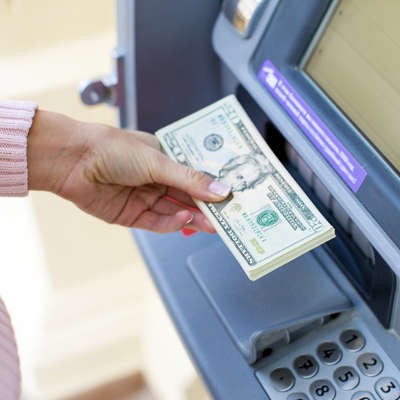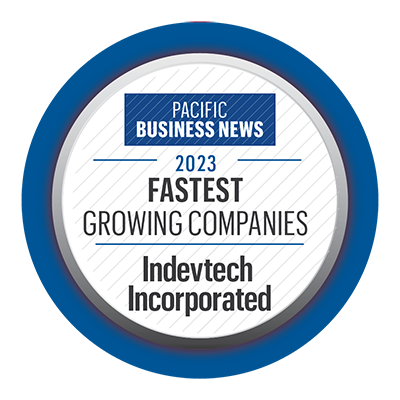Indevtech Blog
Businesses exist to make money. Regardless of what that money is intended for, be it to sustain someone’s lifestyle or to bankroll a cause, a business will cease to be without an incoming cash flow. Unfortunately, unpaid invoices can make that cash flow stutter and slow to a trickle, and many businesses experience this problem as billed money doesn’t come in.
One of the most enticing credentials that hackers desire is your credit card number, along with its expiration date and the code on the back. Hackers are also willing to go great lengths to achieve their goal of stealing these credentials, even so far as to make physical changes to automatic teller machines (ATMs) to do so. In fact, hackers will often install skimming devices on ATMs that are so subtle that they can be difficult to detect.
All across the United States, banks are rolling out ATM improvements to help boost the security of their members by utilizing mobile devices. While these measures will undoubtedly help, they aren’t enough to fix all of the vulnerabilities that ATMs suffer from without some vigilance on the user’s part.
Tracking your net worth might not be the same as tracking how many much money you have in your account, but it’s a good start. By tracking your net worth, you’ll have a good idea of how your finances fare in the big picture of things. Doing this may even help you worry less so that you can focus more on improving your situation.
 Not that long ago, the trading floor of the New York Stock Exchange was filled with business-tie clad gladiators, climbing over each other in what looked like a capitalism-induced mosh pit. The Open Outcry pit had its language, its own weather, its own smell. Nowadays, these pits are more subdued. They still are populated with people, and some are gesturing to buy and sell, but most of the transactions are done digitally. It is this role where the computer has changed the way financial markets work; from the ground up.
Not that long ago, the trading floor of the New York Stock Exchange was filled with business-tie clad gladiators, climbing over each other in what looked like a capitalism-induced mosh pit. The Open Outcry pit had its language, its own weather, its own smell. Nowadays, these pits are more subdued. They still are populated with people, and some are gesturing to buy and sell, but most of the transactions are done digitally. It is this role where the computer has changed the way financial markets work; from the ground up.

